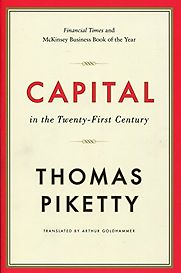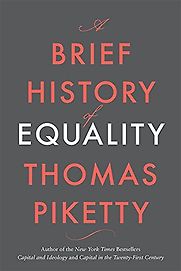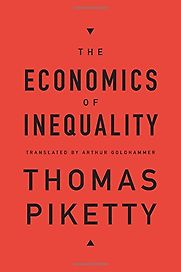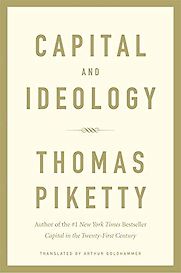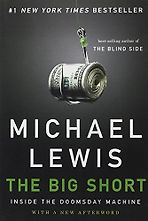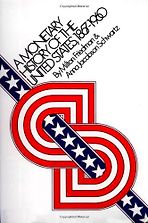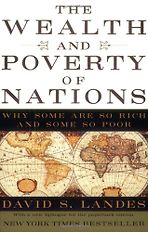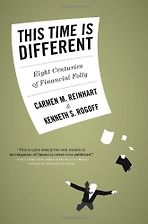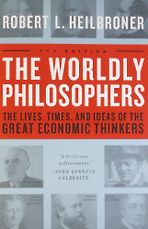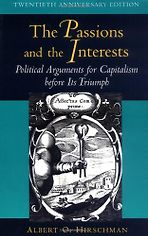Recommendations from our site
“When Piketty gets into the data, you really see that the metaphor is peeling an onion: the top 10% has done better than the other 90% but the top 10% of them, the 1%, has done much better again. The professional classes have held their own but not really gained much, and within that 1%, the top 0.1% has done really well and so on and so forth until you get to the 26 people who own more than the bottom three billion.” Read more...
The best books on Learning Economics
John Quiggin, Economist
“Piketty clearly chose the title to make you think of Marx. He wanted to make the point—so that people could hear it—that the inequality of income was very dependent on an inequality of wealth. He talks about the importance of inheritance in older societies and makes that point throughout. He ends up with an argument that, if you want to try to change things now, taxing income has very little effect. Taxing capital has more effect. In contrast to a lot of the books about inequality, he ties together both inequality of income and inequality of wealth…This book was enormously important in changing thinking, certainly in Western Europe and in America, about inequality, and bringing it to the fore.” Read more...
Peter Temin on An Economic Historian’s Favourite Books
Peter Temin, Economist
“Piketty explains the economic crisis that we face in ways that also explain the political crisis. He does this by talking about the rise of what he calls ‘patrimonial capital’: wealth arising from inheritance, rent, and interest payments which greatly outweighs any wealth arising from hard work and enterprise.” Read more...
George Monbiot — with An Essential Reading List
George Monbiot, Environmentalist
Our most recommended books
-

The Big Short: Inside the Doomsday Machine
by Michael Lewis -

A Monetary History of the United States, 1867-1960
by Anna Schwartz & Milton Friedman -

The Wealth and Poverty of Nations
by David S Landes -

This Time Is Different
by Carmen Reinhart & Kenneth Rogoff -

The Worldly Philosophers
by Robert L Heilbroner -

The Passions and the Interests
by Albert Hirschman
